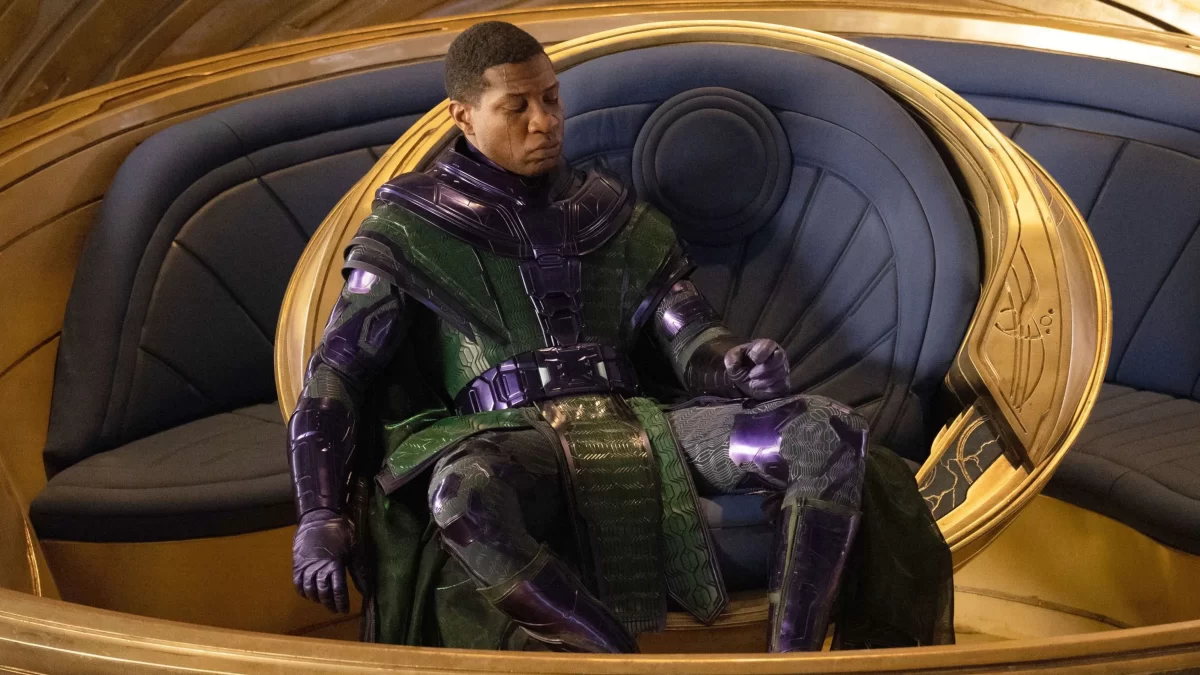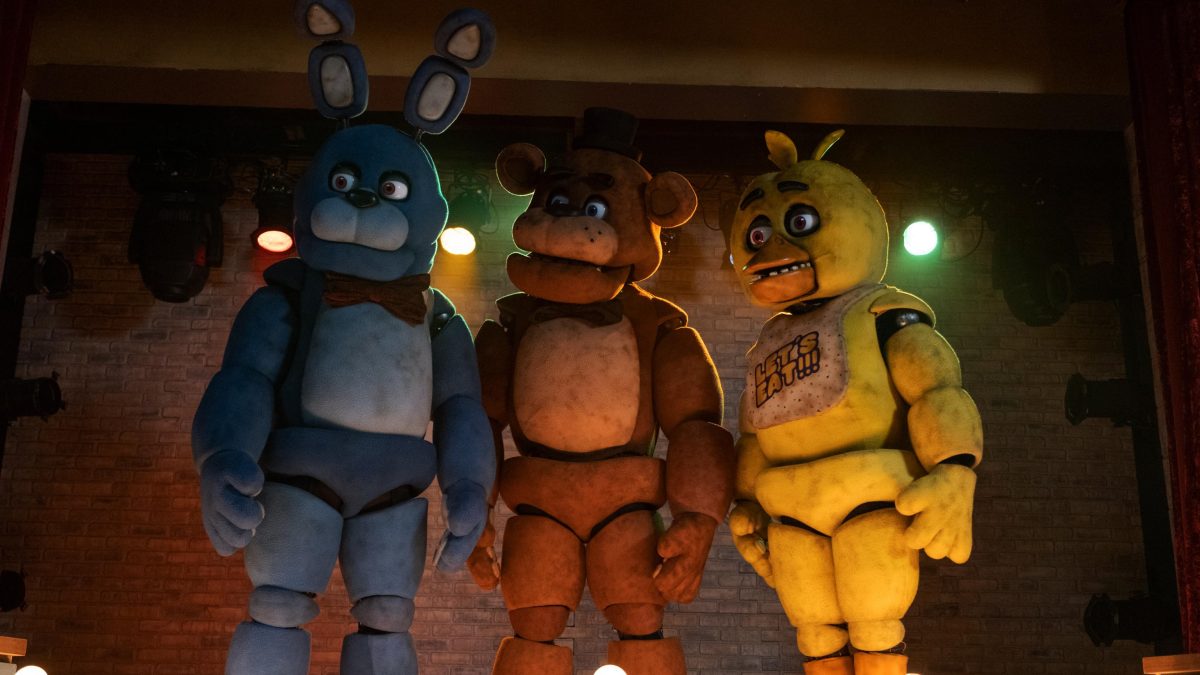By Dan Hein

A debate on funding for public libraries has been gathering momentum in recent years, with current advances in technology seemingly making libraries obsolete. The opposition has gathered support due to the apparent lack of necessity of libraries because they have no unique purpose anymore.
For example, an article published in the Telegraph from Oct. 2011 says, “Yes, public libraries have been of huge benefit in helping us educate ourselves over the past 150 years. It’s an honourable tradition – but it’s over. Their defense depends on a deficit model, the argument that they fill a unique gap. But that’s simply no longer true.”
But the important functions that libraries perform – which sometimes are not immediately obvious – outweigh the detriments that opponents of libraries say they bring.
“Libraries are historic and cultural sites and spaces, part of our communities in longstanding as well as present and evolving ways,” says Ben Railton, an English Studies professor at Fitchburg State University.
There have been several cries to cease funding for libraries all across the nation. Their reasoning is that in the modern digital age, the need for libraries has dwindled. They claim that fewer people are visiting libraries because the ability to discover books and access computers has increased, which is what libraries were used for. Because of this, they say that spending government money on libraries is unnecessary.
Railton believes there is some grain of truth to these claims saying, “I’m entirely willing to believe that fewer folks are going to libraries, both because books are available in so many ways and because things like computer and Internet access and tax forms, that libraries used to provide uniquely, are also now available in so many ways.”
However, he says that this does not mean that libraries have lost their use entirely. “I’d say instead that libraries are no longer the unique resource they once were, and thus certainly that the mission of libraries needs to keep evolving alongside those changes.”
Supporters of libraries have brought up many counter-arguments to the opposition against libraries that focus on other important resources that libraries still provide. For example, libraries still offer access to books, articles, and other various mediums of information that other sources may or may not be able to provide.
“They still offer books, periodicals, and so many other resources free of charge, publicly available and accessible,” says Railton. “They are part of communities rather than corporations or private resources. That mission is still unique and vital.”
The accessibility and availability of these resources is especially important, according to supporters of libraries. They say that the Internet may be a fast way to look up resources, but the availability of these resources, as well as the chance of them being free to access, is unpredictable. Libraries, on the other hand, offer a wide selection of these resources to the public for free.
Railton also stresses the importance of libraries in their communities, as he brings light to the role that they play for the public they serve. “Libraries are spaces for all sorts of communal events — talks and performances, children’s events, classes for adult learners. And, for that matter, for people who need somewhere warm and safe and welcoming to go, as far too many Americans might not otherwise have.”
Though it is often forgotten because of the common association of libraries as just places we go to so that we can look something up, libraries play an important part in the communities they work with. The modern library has become a place for communities to grow, either by holding events or by spreading the importance of learning to all people. To get rid of libraries due to their lack of importance for gathering information would harm the communities that help these libraries grow.
In specific instances, libraries can also be a source of specific information about various topics. For example, the Needham Public Library has a genealogy room that allows people to trace family histories. This room is freely available to the public by appointment. Railton says that the room has “a dedicated staff that offers a very unique body of materials and knowledge for those who wish to use it.”
Categories:
Why are libraries still important?
December 1, 2015
2
0







RedHeadedBookLover • Dec 1, 2015 at 10:28 am
And libraries are so important!
RedHeadedBookLover • Dec 1, 2015 at 10:28 am
Hi there! I just wanted to say that I really enjoyed reading this blog post of yours! It was so amazing. I just checked out your blog because of this and I couldn’t help but press follow immediately because your blog is both amazing and beautiful! I am so happy I came across your blog. Can’t wait to read more from you, keep it up (:
By the way this comment is towards all of your blog posts because they are all amazing!